RNA template is more fragile than DNA and form stable secondary structures at lower temperature so it is not suitable for PCR amplification. Therefore, RNA template is converted into complementary DNA (cDNA). RT Enzymes i.e. Reverse Transcriptase enzyme catalyzes this process of cDNA synthesis by using RNA as a template (process known as reverse transcription).
Know More
PCR and RT-PCR Reagents

PCR and RT-PCR Reagents#902790
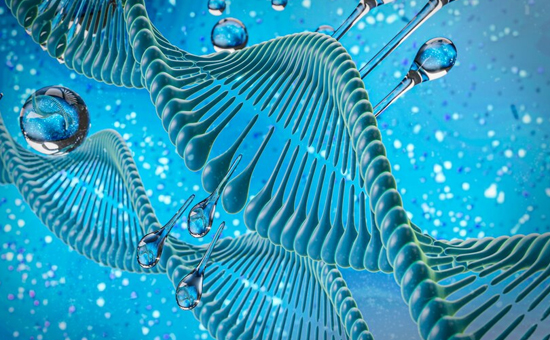
Reverse Transcription Enzymes
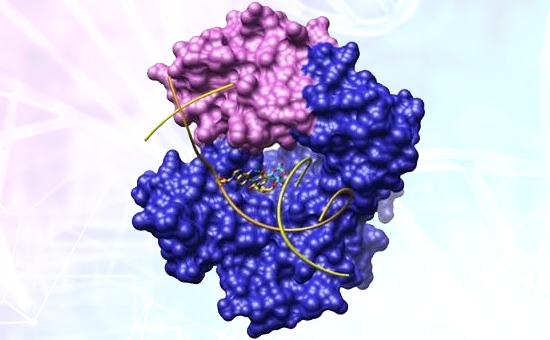
DNA Polymerases
DNA polymerase enzyme has a key role in synthesizing new strand of DNA complementary to the template DNA strand in a 5' to 3' direction because its ability to incorporate nucleotide only at the 3' end of a DNA strand. DNA polymerase also exhibits a 3'-5' exonuclease activity which serves as a proof-reading function to increase DNA synthesis fidelity.
Know More
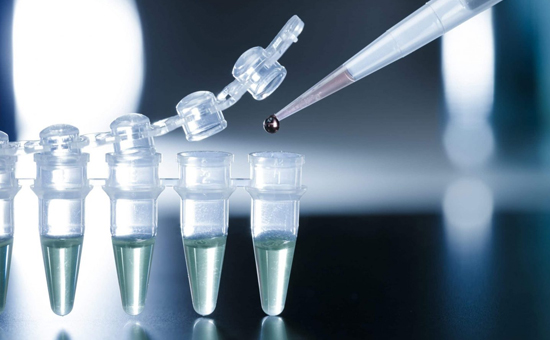
dNTPs
Deoxyribose nucleoside triphospates (dNTPs) is a mixture of the four monomeric units, dATP, dTTP, dCTP and dGTP that are the substrates for new DNA synthesis. Denaturation step in PCR results in single stranded DNA molecules and in the extension step, DNA polymerase adds these free dNTPs from the reaction mixture to the template DNA in the 5’-to-3’ direction in a stepwise and drives the polymerization reaction forward.
Know More
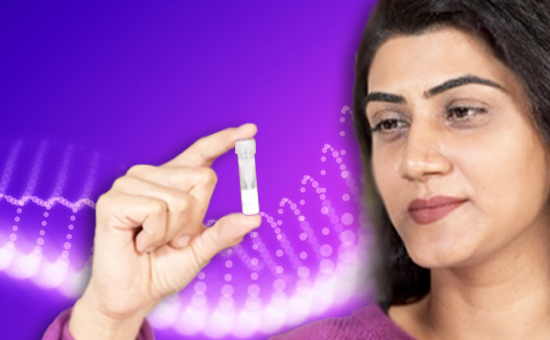
Positive Controls for PCR
Positive control for PCR is a control reaction which generally contains the target DNA sequence that the PCR is designed to amplify. Positive controls are usually used to ensure proper and intended functioning of all the PCR reagents (used in the PCR Mix). It is recommended to use Positive control in every PCR run to assess optimal performance of the PCR assay and ensure consistency between multiple PCR runs with increased confidence.
Know More
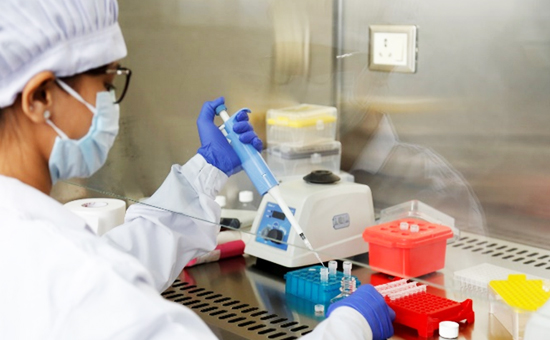
PCR Enhancers
PCR enhancer is an additive included in a PCR reaction that increases the specificity and yield of primary PCR amplification products. It is generally used in PCR reactions with G-C rich templates and/or with the PCR reactions amplifying complex or long DNA segments. PCR additives enhance PCRs through different mechanisms by stabilizing DNA polymerases and preserving their activity at high temperatures, by destabilizing mismatched primer-template complexes, by reducing the formation of secondary structure in GC-rich regions or/and by lowering strand separation temperatures and promoting DNA denaturation at the initial stage of PCR.
Know More
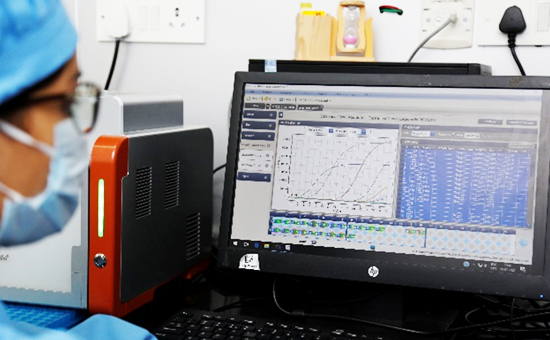
PCR Mastermixes
PCR Master Mix is a premixed concentrated (or a ready-to-use) solution containing precursors and enzymes used in a PCR reaction such as nucleotides (dNTPs), MgCl2, thermostable DNA Polymerase and optimized buffer solution for efficient amplification of DNA templates by PCR. Use of a PCR Master Mix saves time for user, ensures less experimental variation and reduces contamination due to fewer pipetting steps. There are various master mixes available for different PCR procedures (one-step, SYBr based) which vary in composition, and concentration.
Know More
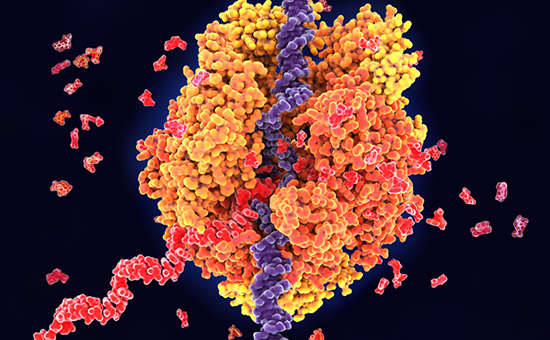
Invitro Transcription Reagents & Kits
To facilitate High-Yield RNA synthesis with T7 RNA Polymerase and enable RNA modifications for specialised applications.
Know More
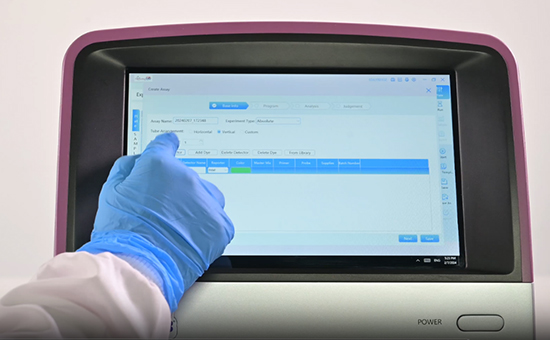
Installation Kits
The Installation Kit for Insta Q Real Time PCR System is designed specifically for use during installation/validation of PCR Machines.
Know More


